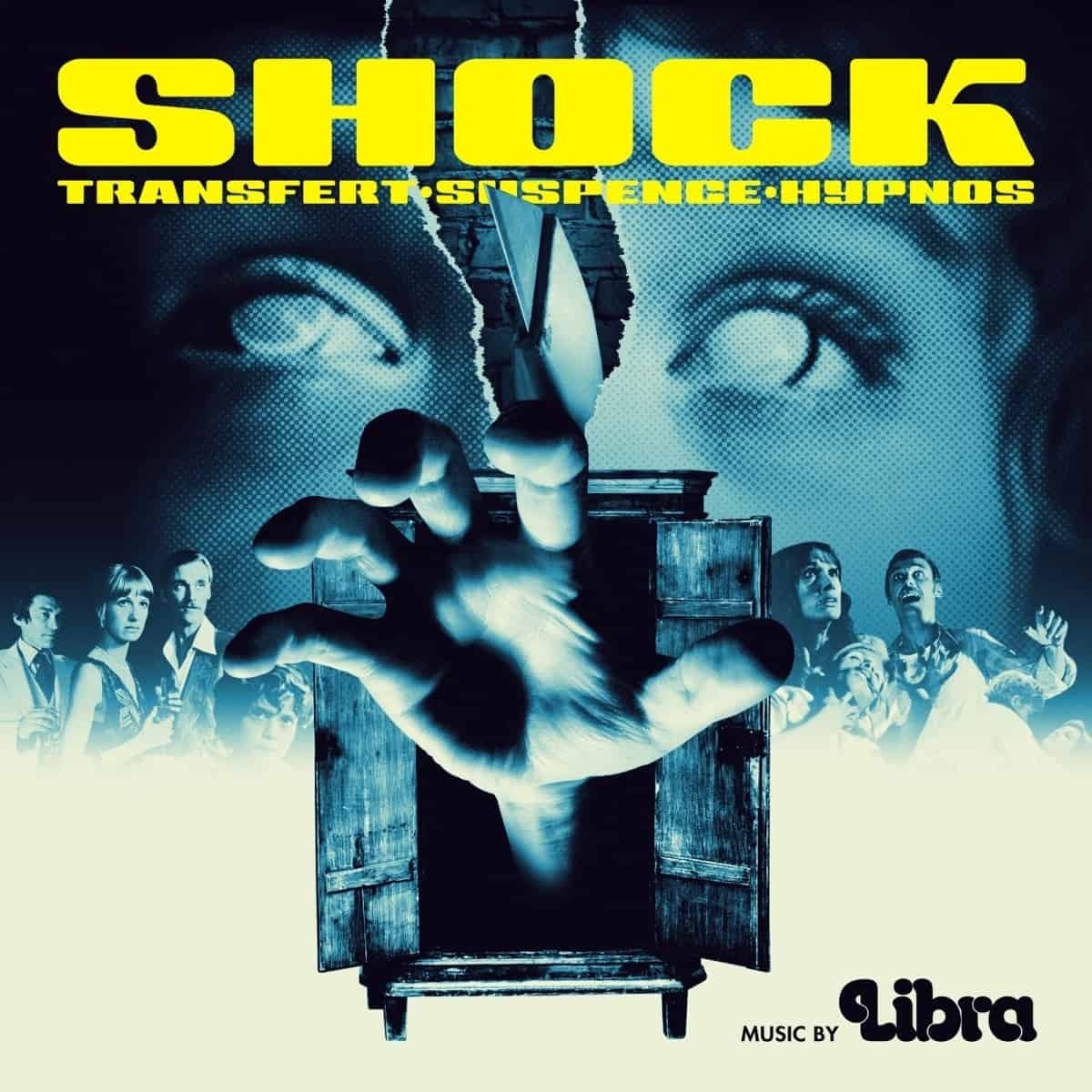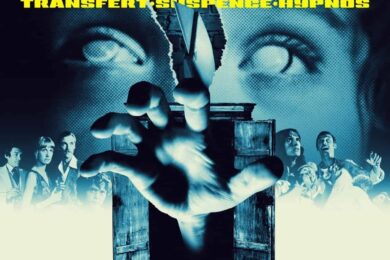While it should come as no surprise that a large volume of music was being written for the booming Italian motion picture industry after the Second World War, the quality of so much of it, as well as its deployment in some of the most lurid films of its day, is still pretty startling. A huge expansion in cinema audiences had created a demand for more and more films, which had led to Italian studios desperately pumping home produced movies into the cinemas in an effort to cash in on whatever the New Thing happened to be that week.
This Italian propensity for shameless cash-ins led to wave after wave of different genres finding box office success, before being eclipsed by whatever fad came along next. Westerns, sword and sandal epics, crime movies, screwball comedies, cannibal films and that peculiarly Italian prospect, the giallo, all came and went, each represented by hundreds of inexpensively made, quickly completed, blink-and-you’ll-miss-‘em efforts from directors of wildly varying abilities. These ranged from masters such as Mario Bava, Lucio Fulci and Fernando Di Leo, to basically anyone with two eyes and a cravat who could yell “Taglio!”.
All of these films needed soundtracks. Composers such as Ennio Morricone, Bruno Nicolai and Riz Ortolani, as well as hundreds of more obscure talents, found themselves with work scoring a flood of films, good bad and indifferent, often in extremely short spaces of time. It was inevitable that such talented composers – some of the cream of the post-war European avant-garde – would create some indelible work, but also just as inevitable that some of the best pieces created in this period would become hopelessly obscure, released only on long out-of-print soundtrack albums until their reissue in the last few years by dedicated labels such as Death Waltz or Sonor Music Editions.
Any attempt to cover the length and breadth of such an absurdly profligate period of creativity in five selections is doomed to failure, so for this list I’ve concentrated on some lesser known soundtrack cues from Italian horror and Giallo films of the 70s and 80s, which were often notable for their extreme and experimental approach to sonics. Goblin are here – it would be a bit churlish not to include them seeing as how their contributions to Dario Argento’s films of the period are such influential touchstones – but the rest of the names are, I hope, a bit less familiar, and the selections should provide a good basis for further investigation.
A word of warning though, Italian exploitation cinema is renowned for its, ahem, ‘full blooded’ nature, so maybe do a bit of reading around before committing yourself to watching the films in question. Anyway, avanti!
Bruno Nicolai – ‘Servizio Fotografico’ from The Red Queen Kills Seven Times (1972).
Probably the most well-known piece on this list due to its deployment in Michael Mohan’s delightfully blasphemous Immaculate from earlier this year. This is the only selection that involves the most emblematic instrument of the Italian soundtrack boom, the harpsichord, whose sophisticated tinkles can be heard on scores of releases from the p…



